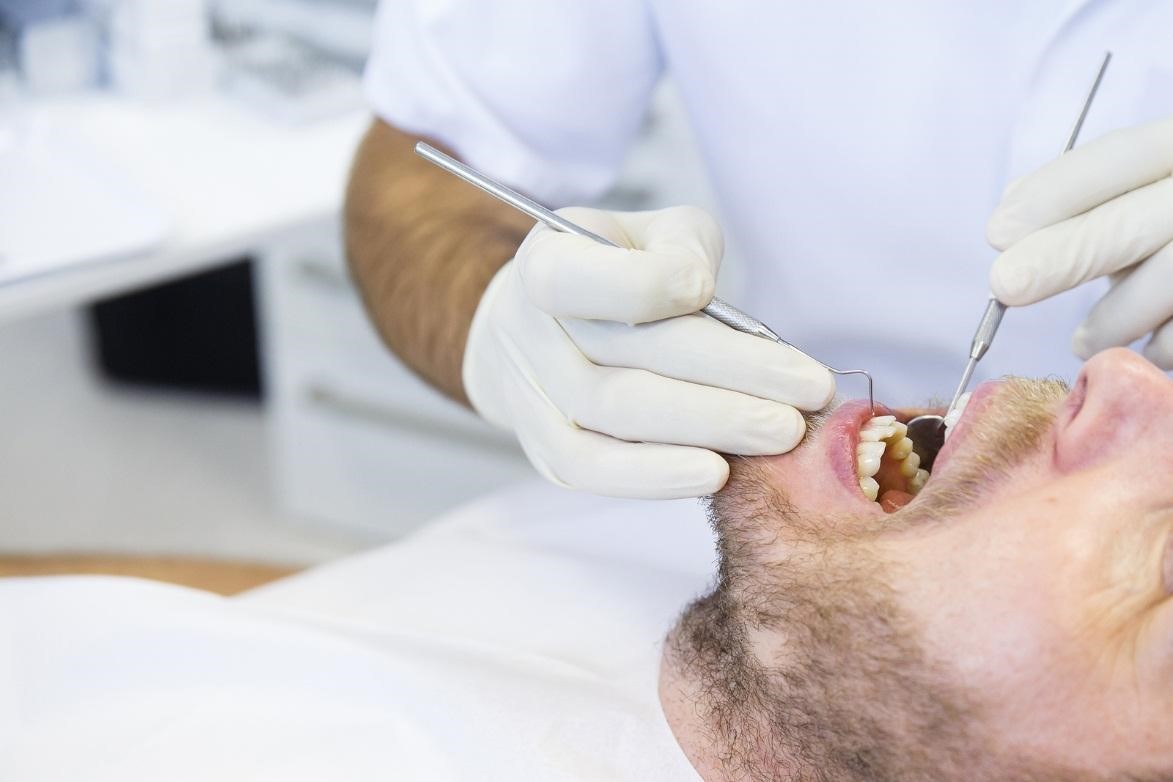A root canal is a dental procedure that removes the pulp from inside the tooth. This procedure is usually a last resort in the management of a tooth whose nerves have died or are infected. In fact, if left untreated, the infection in the pulp will only get worse and can lead to further damage to the teeth, gums, and bone.
What are habits to avoid so that a root canal will not be needed?
There are many habits that can lead to tooth decay or damage to teeth. The first and most common bad habits are eating candy and drinking sugary sodas. Candy, especially those that are chewy or hard, tend to sit against teeth for a long time. It is also important to avoid activities or foods that could chip or damage your teeth and to wear mouth protection like a mouthguard when playing rough sports. Note that a damaged tooth is much more likely to get infected.

Mouth bacteria that cause tooth decay and infection thrive on processed sugars. Drinking too much soda or eating too many sweets is a sure path to terrible dental and oral health. Teeth infections requiring root canals begin with tooth decay, so preventing that is critical. While it is okay to indulge in sweets sometimes, it shouldn’t be a daily part of your diet.
A healthy diet is important for far more than just good teeth. By avoiding the foods associated with tooth decay and replacing them with healthier foods like whole fruits, vegetables, and low-sugar beverages, your whole body will feel better and you will achieve better overall health. As with all aspects of health, it is much better to prevent problems than to fix them.
How important is a dentist appointment in ensuring that a root canal will not be needed?
Good dental hygiene is very important for healthy teeth. A dentist may be able to spot tooth decay and fill cavities before the infection spreads inside the tooth to the pulp. By having consistent dental checkups, problems can be corrected before they need serious intervention.
Source:
The Tooth Decay Process: How to Reverse It and Avoid a Cavity, National Institute of Dental and Craniofacial Research

Leave a Reply